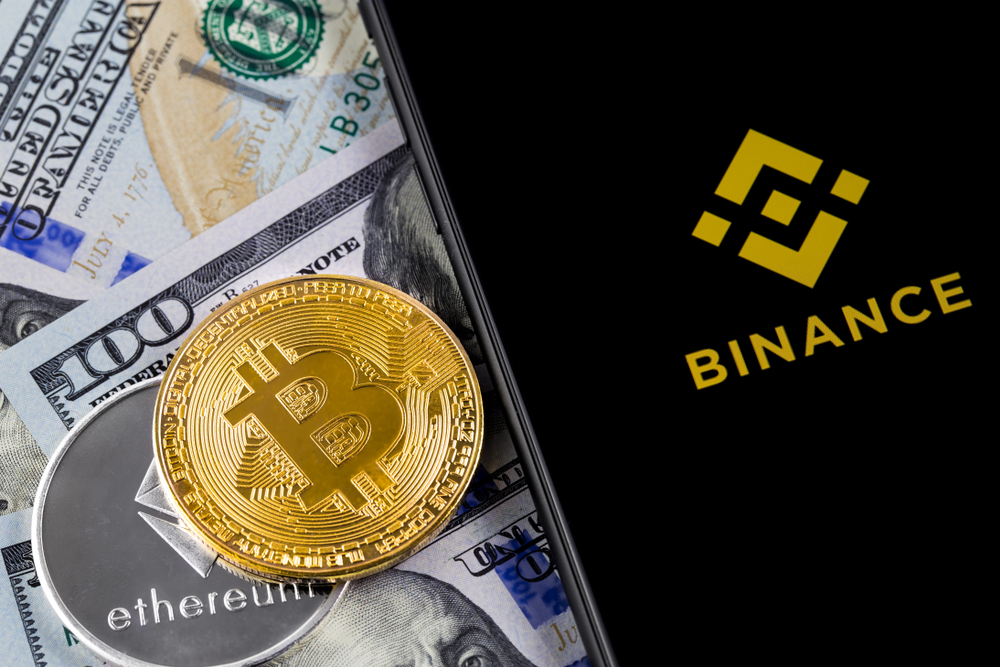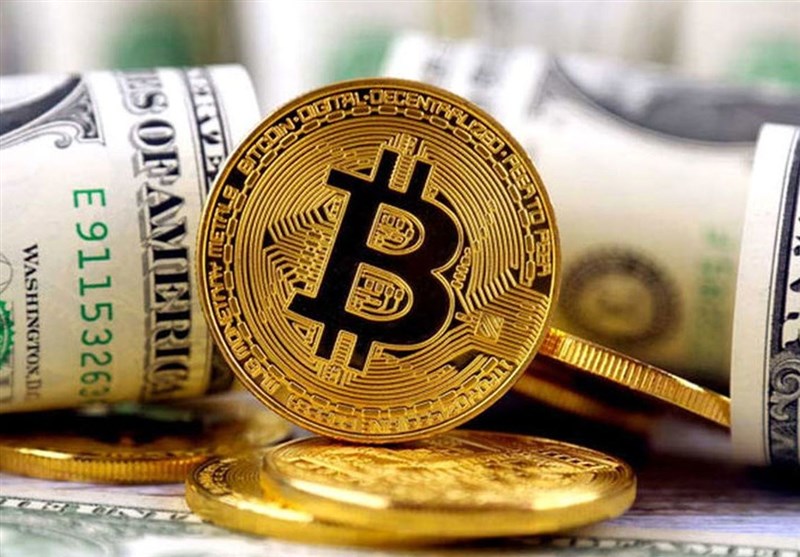What is arbitrage in digital currencies?
Arbitrage in economics means making a profit from the price difference between an asset between two or more markets. In this article, we fully explain the notion of arbitrage and the advantages of arbitration.
Arbitrage means making a profit from the price difference in two or more markets. Arbitrage payoff is obtained when an asset is offered to consumers simultaneously in two different markets or special cases with two different formats.
What is arbitrage?
Arbitrage in Investopedia is defined as the act of simultaneously buying and selling an asset to make a profit from the difference in prices in the market.
Arbitrage is a type of transaction whose profit base is derived from the difference. Between the prices of two identical products or two similar financial instruments, which are offered to the consumer in two or more different markets or two different formats.
According to Wikipedia’s definition of arbitrage, this effect occurs as a result of market inefficiency. This means that if all markets are fully efficient, there will be no arbitrage.
When does arbitrage occur?
Arbitrage or earning money by buying an acquisition at the same time occurs when an asset is bought in one market and sold in another at the same time.
We have heard many times that this method creates a kind of mechanism in the market by which prices do not deviate from their true value in the long run.
But what does this sentence mean?
Some examples of real-world arbitrage:
If you look at day-to-day transactions, you will see that there are many examples of arbitrage profits in the business world. From the oil market, stocks and fruit sales to domestic dainties are traded at this level of profit.
Suppose the price of buying and selling dollars on one side of the street is 10 thousand tomans and on the other side is 11 thousand tomans. A buyer can buy dollars from a trader at address number 1 and immediately sell it to a trader at address number 2. Earning a profit of one thousand tomans for each dollar sold. This profit is called arbitrage profit.
Another good example would be the price of a commodity like oranges. Suppose the price of each kilo of oranges in Tehran stores is 10 thousand tomans and oranges of the same quality are sold for 3 thousand tomans in the north of the country. A person who buys these oranges from the north of the country at the wholesale price and brings them to Tehran for sale will earn a few tomans, taking into account the cost of transporting the goods and the worker’s salaries. This benefit is the same as the arbitrage benefit mentioned. This type of arbitrage is very common.
What is arbitrage like in the world of digital currency?

But we will move a little away from the examples mentioned to get closer to the discussion of digital currency and arbitrage.
There are approximately 208 digital currency exchanges listed on Quinn Market Cap, except for those that do not charge fees. When a money changer does not deduct a fee, there is a possibility of fraud in reporting the volume of transactions. Traders and robots can then falsely increase trading volume, and there is no way to tell how big the lie is and how much it has been exaggerated in the calculations.
In the meantime, considering the high number of digital currency exchanges and the boundless fluctuation of digital currencies, traders can take advantage of arbitrage.
According to an article in captainaltcoin, digital currency arbitrage can be an opportunity to monetize, but it is not a safe and secure way to monetize. Arbitrage profit is obtained when there is an opportunity to buy a product at a low price and then sell it immediately at a higher price. The term is most commonly used for financial mechanisms, such as bonds, stocks, commodities, derivatives, and digital currencies.
As mentioned, digital currency exchanges are not one or two. Each exchange has a special price for offering assets. One exchange may sell a particular asset for $ 10, and another may sell the same asset for $ 15.
What are the types of arbitrage?
To earn arbitrage profit, one of the following conditions is required:
If a commodity is sold everywhere at the same price, it is not possible to profit from arbitrage by buying and selling it. The first rule of arbitrage profit is that a trader can buy it at a low price and sell it at a higher price.
Two assets with the same turnover are not traded at the same price.
An asset that is priced in the future cannot be sold at a future price sooner. The present price of an asset at a specified price in the future is not determined at the risk-free interest rate deducted from it. That is, to determine the price of an asset, factors such as inventory costs and available risks must be considered. This is true for commodities such as wheat or gasoline, and it may not be the case for stocks.
Arbitrage benefits are divided into three categories:
Simple arbitrage: Arbitration occurs when digital currencies are exchanged at more than one exchange. Because it will be possible to buy and sell a digital currency in several exchanges.
Triangular arbitrage: Triangular arbitrage is the result of a price difference between three foreign currencies. That is when the exchange rates of currencies are not exactly equal to each other. Triangular arbitrage opportunities are few and far between. In triangular arbitrage, traders choose three currencies (eg bitcoin, dollar, and euro), exchange some currency pair (bitcoin/dollar) at a certain rate, and then move the currency pair (bitcoin/euro). Eventually, they convert it to the base currency (USD / EUR). And by paying a small fee for these exchanges, they achieve a net profit. For example, a trader buys Ethereum in euros, sells it for yen. And eventually buys in yen. He gains arbitrage through the exchange of these three currencies.
Price convergence arbitrage: The price of digital currencies in different markets, as a result of which arbitrage is converging. For example, if the Cracken Ethereum exchange sells cheaper than the Beatstamp exchange. Those traders who favor arbitrage profits will certainly buy from the Cracken, and sell the purchased Ethereum at the Beatstamp. In many cases, under the influence of this convergence, the market is pushed towards price equality. Here the trader’s gain is obtained from the convergence of prices.
What are the risks of trading in arbitrage?
You may be wondering what is the risk of arbitrage? It is good to know that arbitrage, like all other methods of earning money, carries risks:
Execution Risk
Of course, it is not possible to close two or more transactions at the same time. When part of a trade closes, the rapid movement of prices in the market makes it impossible to close another trade at a profitable price.
In addition, if a trader decides to make an arbitrage profit from the Bitcoin price difference between Kraken Digital Currency Exchange and Bitmap. He may not achieve his goal immediately. He may buy a substantial amount of bitcoins from the Kraken exchange for this. But he will not be able to sell them at BitStamp.
Counterparty Risk
Contrasting party risk is arbitrage risk in which one party can not perform its duties to the other party in the contract. This is a serious problem! Because if a person has a deal or several deals with that person and he fails to perform his duties, it creates a financial crisis for the other party. The failure of one of the parties to the contract is a serious menace. Because the parties have to trade significant amounts to take advantage of small price differences.
For a trader to implement his arbitrage strategy, he must keep his coins in an exchange office. An important rule of thumb for securing digital assets is. Take your digital assets out of the exchange. This point has been repeated many times if you keep your money in an exchange office. You should know that there is a possibility of hacking an exchange office and losing your capital at any moment.
There may be a solution to this problem:
Use of decentralized exchanges.
But if we look at decentralized exchanges from the point of view of arbitrage, we find that their liquidity is still low.
Liquidity Risk
This financial risk occurs when a trader is unable to exchange a particular asset, such as a digital currency, quickly enough without affecting the market price.
To implement an arbitrage strategy, you need to make sure the market is liquid. If the market does not have liquidity, you may lose out on the opportunity when you gain arbitrage.
Asset Transfer Risk
Transferring assets from one exchange to another for arbitrage is not without risk. When you find an arbitrage opportunity, you need to transfer the assets you bought from one exchange to another. Many reasons can interrupt this transition and somehow make it difficult. This shortcoming leads to a loss of arbitrage opportunities.
Users have reported various problems when transferring money from one exchange to another. Here are some of the problems:
- The blockchain may be out of reach and the transfer of assets may not be successful.
- The transaction may take several days. Transactions for which a lower fee is paid for approval are not a priority for miners.
- Wallets may be out of reach, and they may not be able to sync with the Chinese blockchain.
Risk of depreciation
The decline in the price of digital currency is a risk. For example, if you make an arbitrage profit through digital currency trading. And then the price of bitcoin starts to fall, the market will swallow more than your profit!
The Impact of Binance Listing on Digital Currency Arbitrage

The name of Binance Exchange is a combination of the two words Binary and Finance. Binance is capable of processing 1.4 million orders per second, making Binance the fastest digital currency exchange on the market. According to the latest statistics of the Kevin Market Cup, the daily trading volume of this exchange is about $ 600 million. About 300 currency pairs are also traded in Binance.
If you want to include your unique Quinn in the Binance list. You must complete a form on the main Binance website. Binance is strict in selecting coins and selects only coins that have a large user base, are proven, and have a reputable development team. Binance does not accept teams that are willing to predict the price of their token or predict its future.
An example of a token listed on Binance is SkyQueen. Binance introduced this coin in the form of SKY / BNB-SKY / BTC-SKY / ETH currency pairs on May 24, 2018. As you can see in the image below, the price of this coin has experienced a significant increase after being listed on Binance Exchange. SkyQueen was $ 2,350 on May 20, with a total market value of $ 211 million. The figures rose to $ 3,550 and over $ 319 million after SkyQueen was listed on Binance.
Source : https://arzdigital.com/what-to-know-about-arbitrage-in-crypto/











